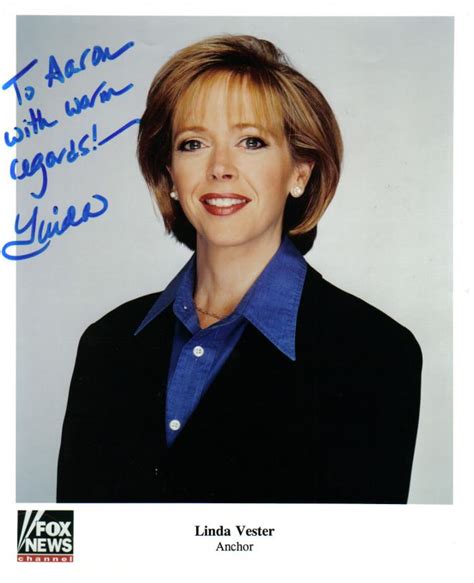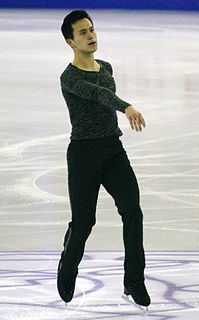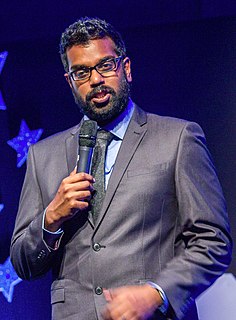A Quote by Linda Vester
What upset me the most was not that I would die, but that I was letting down my parents. I felt very guilty for chasing this dream career of mine, at the expense of my parents.
Related Quotes
Love involves more than just feelings. It is also a way of behaving. When Sandy said, "My parents don't know how to love me," she was saying that they don't know how to behave in loving ways. If you were to ask Sandy's parents, or almost any other toxic parents, if they love their children, most of them would answer emphatically that they do. Yet, sadly, most of their children have always felt unloved. What toxic parents call "love" rarely translates into nourishing, comforting behavior.
Adolescence is a time when children are supposed to move away from parents who are holding firm and protective behind them. When the parents disconnect, the children have no base to move away from or return to. They aren't ready to face the world alone. With divorce, adolescents feel abandoned, and they are outraged at that abandonment. They are angry at both parents for letting them down. Often they feel that their parents broke the rules and so now they can too.
Think about reading: Today, parents would love it if their kids read books more because the parents understand the books. Just over 100 years ago, parents were upset because their kids were reading dime-store novels. Parents would say, "I don't want you inside reading anymore. Get outside and play." I guarantee you, in 50 years or so, parents are going to say, "You're not going outside to play until you finish that video game."
My parents always have taught me 'you're good enough'. So, whenever I got bad comments from the judges, or I'd get on the Internet and read what bloggers have written about me, I would get so down, and I would get so sad. The biggest support group was obviously my parents, and I'd call them. And they'd build me up.



































